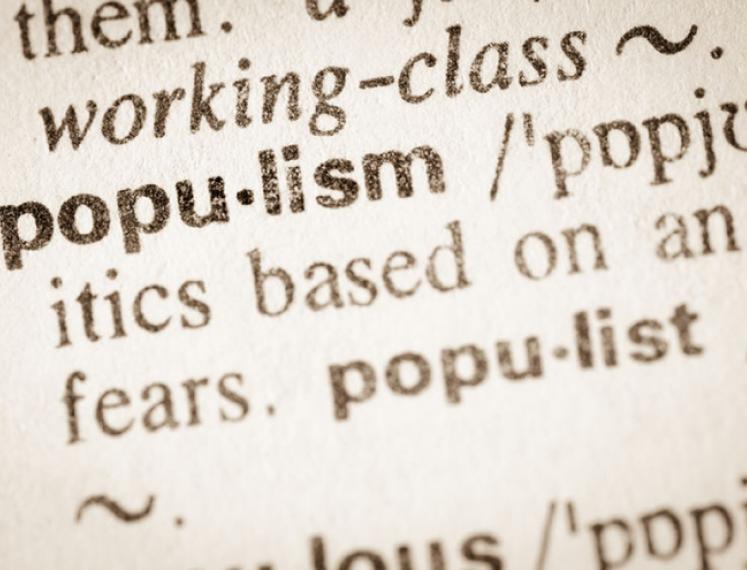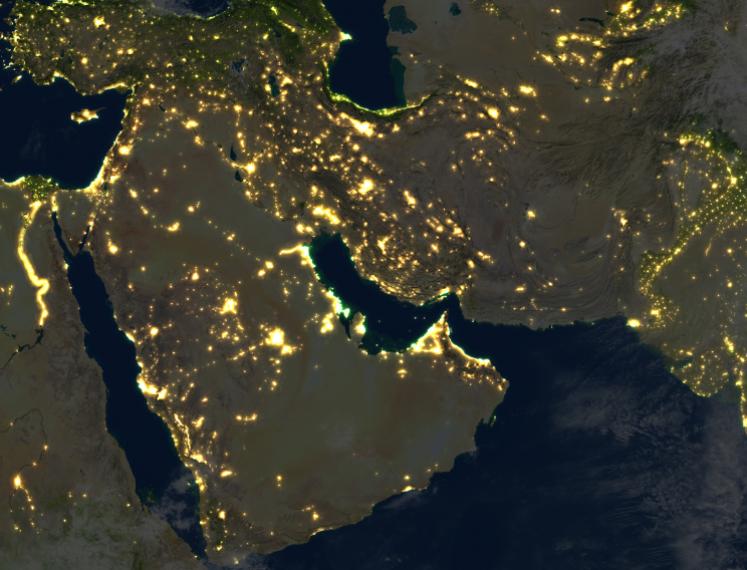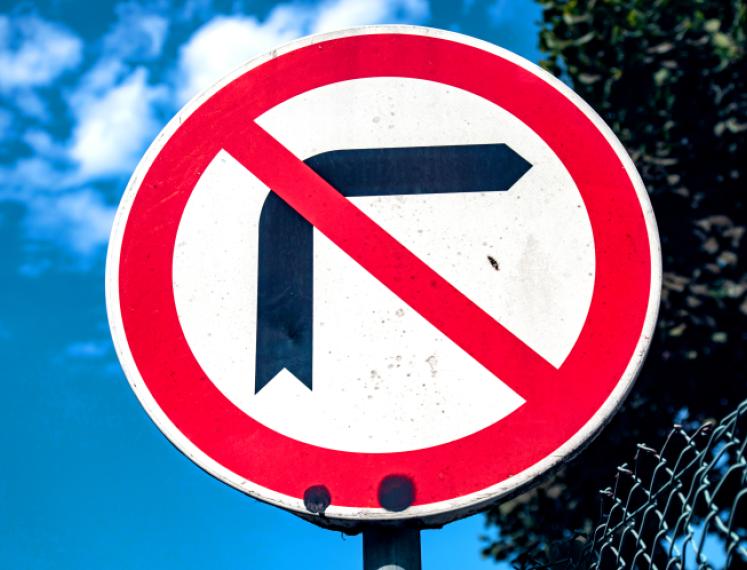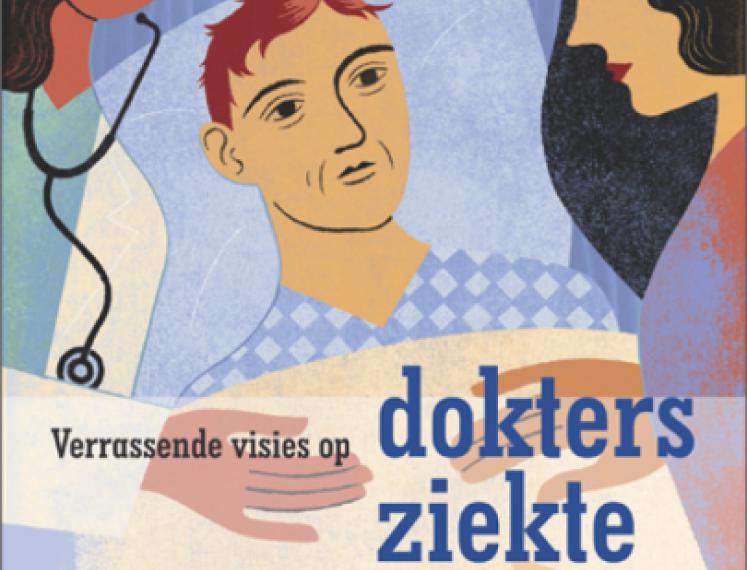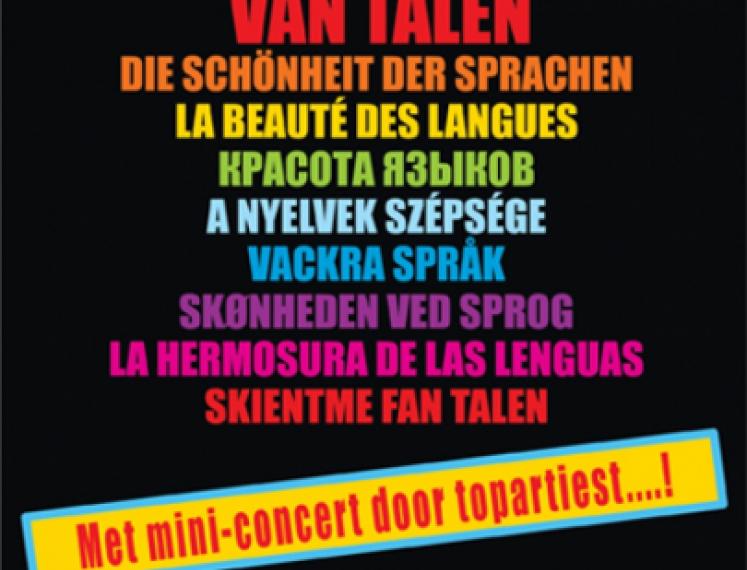Academy Building
Broerstraat 5
Groningen
Nederland
Will Populists Benefit from the Pandemic?
The ongoing COVID-crisis is likely to change our societies for good. But what effect will the pandemic have on our political landscape? And how might it affect populism? It could expose the incompetence of populist leaders and bring about a return to expertise. At the same time, the pandemic is sparking uncertainty and conspiracy theories are booming. This could create fertile soil for populist politicians. What will politics look like in a post-COVID era? Will the pandemic be the final nail in the coffin of populist politics or will it only add fuel to the populist fire?
Léonie de Jonge is Assistant Professor in European Politics & Society at the University of Groningen. She is interested in the electoral trajectories of far-right parties. Her PhD research focused on the success and failure of right-wing populist parties in the Benelux countries. She is currently in the process of turning her thesis into a book. Besides studying populism, Léonie is interested in European integration, comparative politics, party politics and (social) media research.
Let's Ask
In Let's Ask (before: Ask a Scientist) Groningen's finest researchers share their knowledge to provide context to that recurring 'thing' in the news and will answer your questions. In collaboration with Usva.
